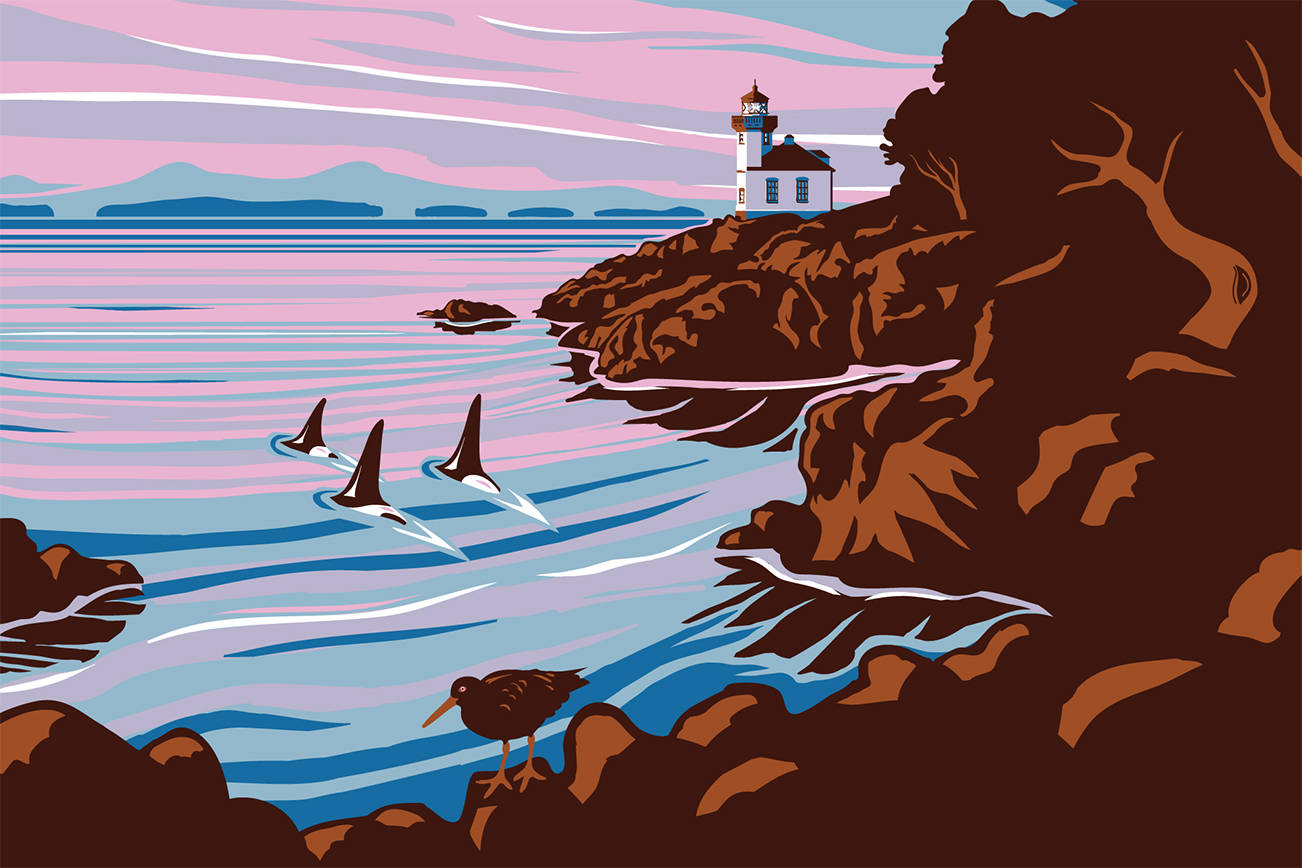Submitted by the Washington State Department of Natural Resources
From its craggy coastlines to its icy volcanic peaks, Washington is home to some of the world’s most stunning geology. A new website published today by the Washington State Department of Natural Resources helps connect people to the state’s rich and diverse geologic history.
Filled with images and information about geologic marvels spread across Washington’s seven physiographic provinces, the Washington 100 provides users with a thorough guide for exploring fossil beds, ancient lava flows, coastal sea stacks or alpine glaciers. Through its stories, fun facts, and thousands of photos, graphics, animations, videos and maps people will be able to learn about well-known places like Mount Rainier, Beacon Rock and Palouse Falls while recreating.
It is available at https://wa100.dnr.wa.gov.
“This guide comes at the perfect time. As the pandemic begins to recede and we are all able to again get out and explore, the Washington 100 helps people touch and feel the geology that has shaped our state,” said Commissioner of Public Lands Hilary Franz. “Whether you’re 8 or 80, it’s important to connect to the natural forces that created the places we know and love. And this guide is a great way to put that story in your hands.”
A Guide for enjoying geology in the field or from home
Whether you’re looking for a weekend adventure or just a virtual field trip from your home, the Washington 100 web site takes viewers on a virtual scavenger hunt that takes users through things such as:
• Billion-year-old rocks in northeast Washington
• Vast basalt lavas that flowed over eastern and central Washington
• Scarred landscapes shaped by continental glaciations and glacial outburst floods from the last ice age
• Remnants of volcanic eruptions, lahars, tsunamis, earthquakes and landslides
• Sea stacks, caves and arches along the shoreline, and many, many more
All the sites featured within the Washington 100 site are publicly accessible, and some of them are well known while others offer a secluded getaway. With this site, you can visit one of the largest glacial erratics in the state, try to catch a disappearing lake, imagine ancient waterfalls, find a piece of Earth’s deep mantle on the surface, and explore Washington’s limestone caves.
Geology in the Public Interest
Under the guidance of Commissioner of Public Lands Hilary Franz, the Washington Geological Survey works to ensure the safety and economic well-being of Washington’s citizens from geologic events. The Survey is the primary source of geological products and services for Washington’s government agencies, businesses, and the public.



